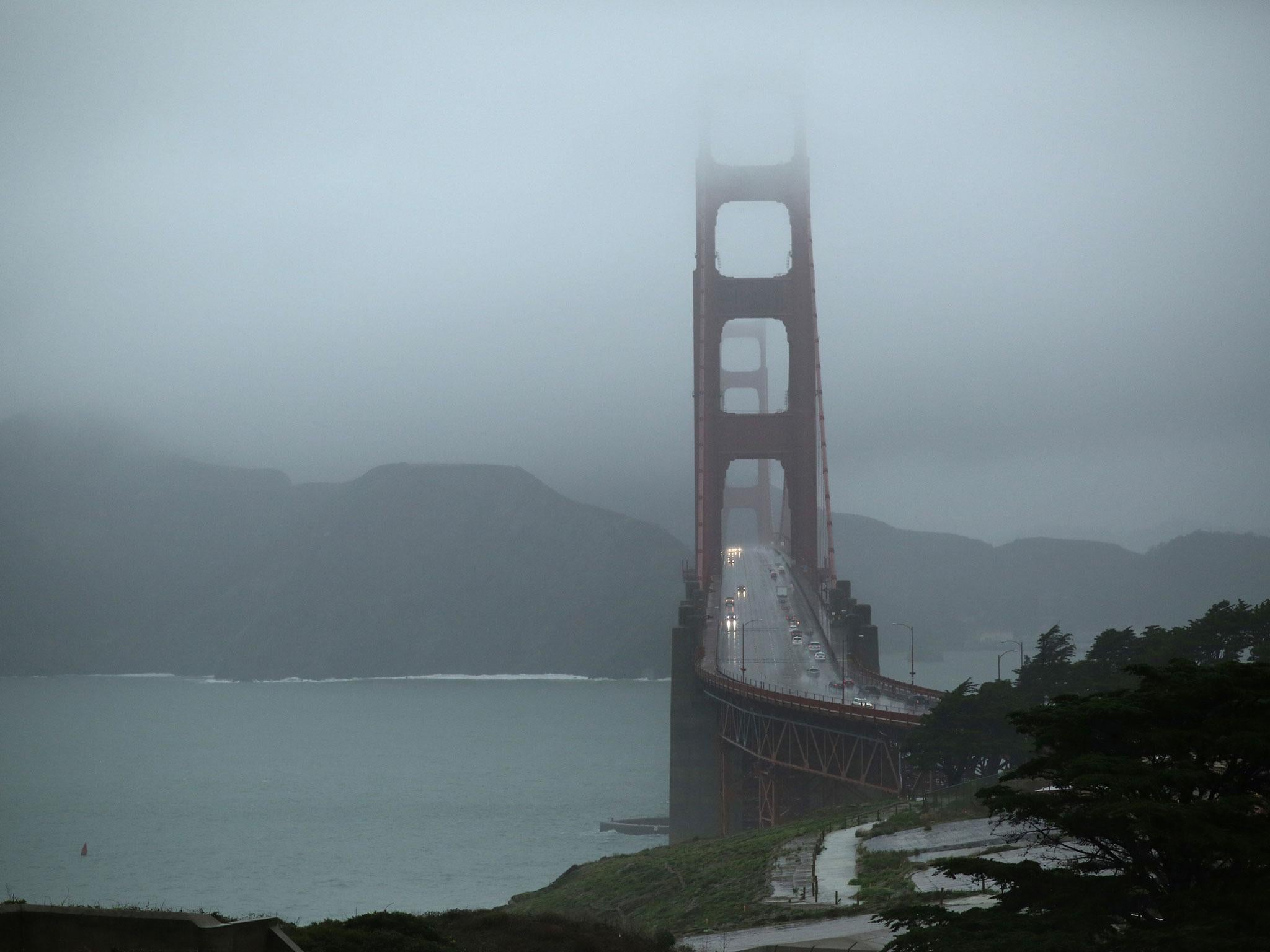Massive 'rivers in the sky' will bring more deadly floods due global warming
Atmospheric rivers can contain many times more water than the world's largest actual rivers and cause devastating floods that can wipe out species at a stroke

Your support helps us to tell the story
From reproductive rights to climate change to Big Tech, The Independent is on the ground when the story is developing. Whether it's investigating the financials of Elon Musk's pro-Trump PAC or producing our latest documentary, 'The A Word', which shines a light on the American women fighting for reproductive rights, we know how important it is to parse out the facts from the messaging.
At such a critical moment in US history, we need reporters on the ground. Your donation allows us to keep sending journalists to speak to both sides of the story.
The Independent is trusted by Americans across the entire political spectrum. And unlike many other quality news outlets, we choose not to lock Americans out of our reporting and analysis with paywalls. We believe quality journalism should be available to everyone, paid for by those who can afford it.
Your support makes all the difference.Giant ‘rivers in the sky’ – that can carry up to 15 times the amount of water in the Mississippi River – can virtually wipe out species when they dump vast amounts of rain over a short period, causing some of the world’s worst floods, according to new research.
And the problem is set to get worse because of climate change, scientists warned.
They found that 97 to 100 per cent of wild Olympia oysters in north San Francisco Bay died in 2011 after the region was hit by dramatic rainfall caused by atmospheric rivers. These can deliver up to half of the state of California’s entire annual rainfall in just 10 to 15 days.
Atmospheric rivers were also linked to all 10 of Britain’s largest floods since the 1970s.
As air warms it becomes capable of holding more water, so one of the effects of climate change is increased rainfall in some places.
The study was the first to examine the biological consequences of when atmospheric rivers dump vast amounts of fresh water on an area.
Researcher Brian Cheng, of University of California, Davis, said: “This shows us one way in which extreme events might affect coastal ecosystems.
“Oysters can help buffer shorelines and enhance biodiversity, but this is one facet of climate change that might be a hurdle for oyster restoration efforts in San Francisco Bay.”
The oysters were thriving in the bay off China Camp State Park before the rains hit – with up to 3,000 per square metre.
The researchers found that their almost total annihilation was probably caused by the influx of so much fresh water into the bay, which diluted the salt content too much for the oysters to cope.
A total of 20 atmospheric rivers dropped large amounts of rain on the Sierra Nevada mountains, which then washed down rivers to the sea, between October 2010 and September 2011.
Three of them happened in March, just before the mass die-off of oysters.
A paper about the research in the journal Proceedings of the Royal Society B warned that this was not just a problem for oysters.
“If mass mortality events (MMEs) affect foundation species, then cascading effects throughout the biological community may also arise,” it said.
“For example, the 1983–1984 mass mortality of the herbivorous urchin Diadema antillarum throughout the Caribbean has been linked to a subsequent phase shift from coral- to algal-dominated tropical reef communities.
“Moreover, the severity of MMEs among avian, fish and marine invertebrate taxa appears to be increasing, highlighting the need to clarify their causes and patterns of occurrence.”
The oyster population in the bay is beginning to come back, but could face similar problems in the future.
“On the one hand, it’s good news that despite the mass die-off, a few years later, they came back,” Mr Cheng said.
“But it’s not as simple as that. These new oysters are smaller and less fertile, and that may have consequences for restoring oysters in San Francisco Bay.”
Join our commenting forum
Join thought-provoking conversations, follow other Independent readers and see their replies
Comments